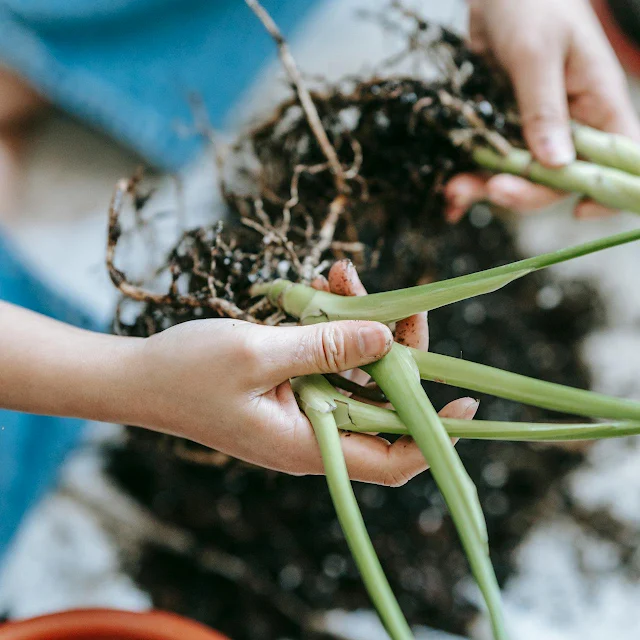This site is primarily reader-supported. Hence,
this site participates in affiliate advertising programs, such as Amazon and
Google AdSense, designed to provide a means for us to earn fees or commissions
from qualifying purchases made through our links.
 |
| Organic Gardening Practices for Growing Plants Naturally |
Overview
Organic gardening focuses on growing plants naturally,
without synthetic pesticides or fertilizers, to create a healthier and more
sustainable environment. Here are some additional techniques that can enhance
your organic garden:
1. Build Healthy Soil with Compost
 |
| Build Healthy Soil with Compost |
2. Use Natural Fertilizers
 |
| Use Natural Fertilizers |
3. Rotate Crops to Prevent Disease
 |
| Rotate Crops to Prevent Disease |
4. Practice No-Till Gardening
Turning soil repeatedly can disturb beneficial
microorganisms. No-till gardening preserves soil structure and moisture,
reduces erosion, and supports natural plant growth without excessive
disruption.
5. Encourage Pollinators
Bees, butterflies, and hummingbirds play a crucial role in
plant reproduction. Planting lavender, sunflowers, and native wildflowers
attracts pollinators and increases fruit and vegetable yield.
6. Use Mulching for Weed and Moisture Control
Mulching not only retains moisture but also suppresses weeds
and improves soil health. Straw, bark chips, dried leaves, and newspaper
work effectively as organic mulch options.
7. Make Homemade Pest Repellents
Instead of synthetic sprays, create natural insect
repellents using neem oil, garlic spray, or a mix of vinegar and water
to protect plants from harmful pests without damaging beneficial insects.
8. Grow Companion Plants for Protection
 |
Grow Companion Plants for Protection
Strategically pairing certain plants enhances growth and deters pests. Marigolds repel nematodes, basil improves tomatoes' flavor, and mint discourages ants and aphids.
9. Save and Exchange Seeds
Preserving seeds from healthy plants allows you to continue
growing strong crops in future seasons. Sharing seeds with fellow gardeners
fosters biodiversity and sustainability.
10. Collect Rainwater for Irrigation
Using rainwater reduces dependence on tap water and provides
plants with chemical-free hydration. Installing rain barrels or directing
runoff to garden beds conserves resources while maintaining natural
watering cycles.











